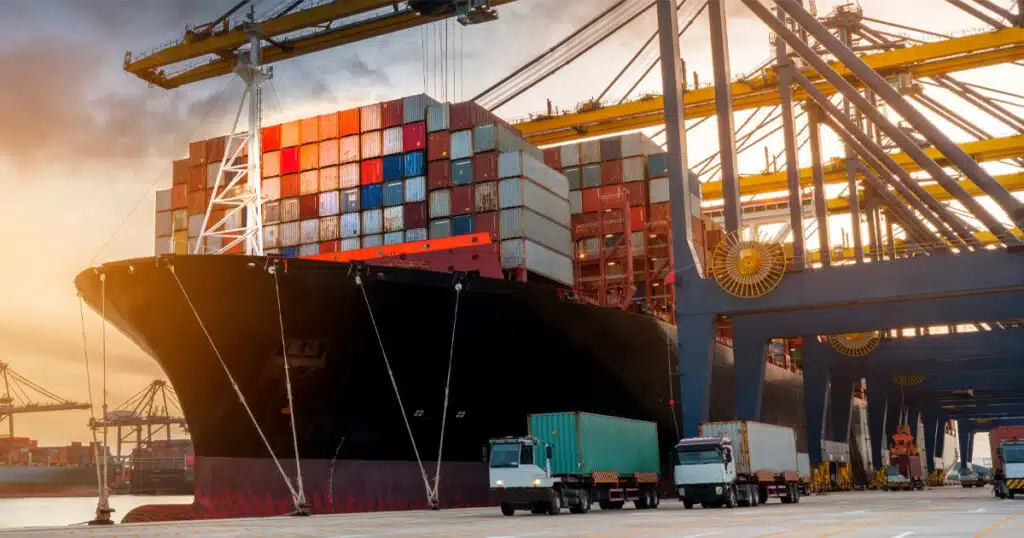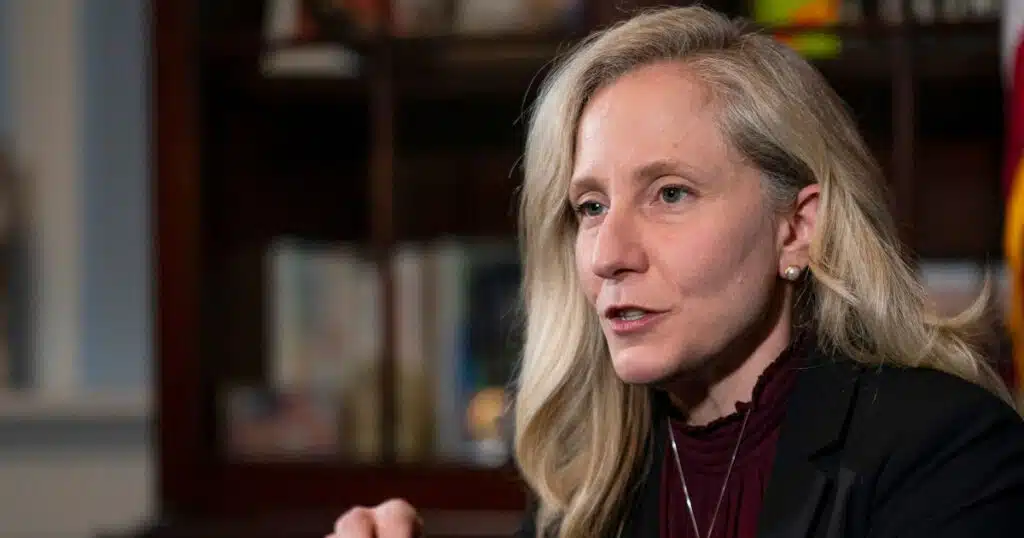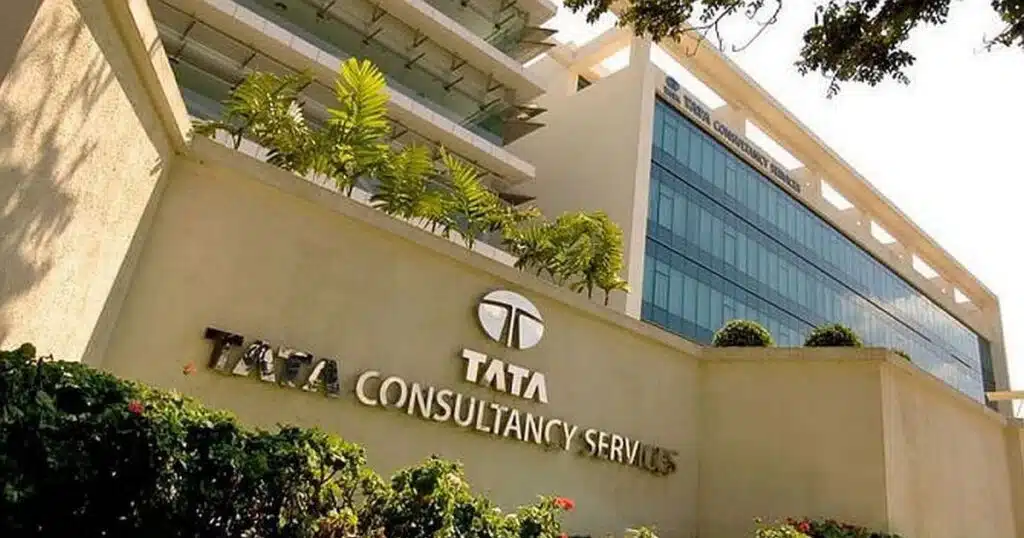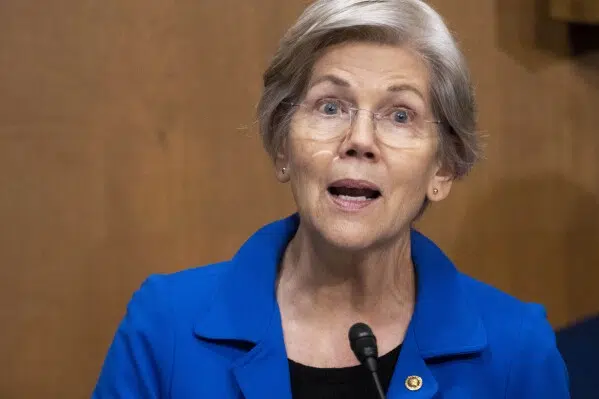
World Bank slashes growth forecast on Trump’s tariffs
Due to U.S. trade policies, another global financial institution forecasted slower economic growth on Tuesday.
The World Bank cut its annual economic growth forecast, saying President Donald Trump’s tariffs posed a “significant headwind” for nearly all economies.
The bank slashed its forecast for 2025 by 0.4 percentage point to 2.3%.
“The sharp increase in tariffs and the ensuing uncertainty are contributing to a broad-based growth slowdown and deteriorating prospects in most of the world’s economies,” bank officials wrote in the twice-yearly Global Economic Prospects report.
The Washington, D.C.-based development bank expects the U.S. economy to grow 1.4% in 2025, down from a 2.8% increase in 2024. In its January report, the World Bank forecasted a 2.3% increase in U.S. gross domestic product. Gross domestic product measures a nation’s total economic activity – a monetary estimation of the entire market value of all the final goods and services produced. Changes in GDP are a favored indicator of a nation’s overall financial health.
The World Bank’s outlook was depressed.
“Subdued global growth prospects are unlikely to improve materially without policy actions to address increasing trade restrictions, geopolitical tensions, heightened uncertainty, and limited fiscal space,” according to the report.
The bank stopped short of predicting a recession.
“Global output is expected to grow at its weakest pace since 2008, aside from outright global recessions,” according to the report.
Trump announced reciprocal tariffs on nearly all U.S. trading partners on April 2, which he dubbed “Liberation Day” for American trade. Seven days later, Trump suspended those higher rates for 90 days to give his trade team time to cut deals. Since then, the president has announced a limited trade deal with the United Kingdom and a tariff truce with China while talks continue.
Those “Liberation Day” tariffs face legal challenges from states and small businesses. A three-judge panel on the U.S. Court of International Trade unanimously ruled last week that Congress did not give the president tariff authority under the International Emergency Economic Powers Act of 1977. The court gave Trump 10 days to unwind all the tariffs he issued under IEEPA. The administration appealed that decision and asked for an emergency stay. The appeals court granted that request, putting the Court of International Trade ruling on hold while the appeal continues.
The World Bank said the U.S. tariffs have sparked “unusually elevated uncertainty” for governments, businesses and consumers.
“This baseline nonetheless entails the highest U.S. average effective tariff rate in nearly a century,” according to the report. “In addition, in view of recent rapid shifts in trade policies and the potential for a return to even higher tariffs, consumers and businesses continue to grapple with unusually elevated uncertainty.”
The bank also noted the economic conditions could boost inflation and hit pocketbooks worldwide.
“Renewed increases in trade restrictions could push inflation higher in key economies, magnifying real income losses and limiting the scope for major central banks to support flagging growth by lowering policy rates,” the bank reported.
The World Bank’s forecast was similar to projections from the International Monetary Fund. In April, IMF projected global growth will reach 2.8% this year and 3% next year, a cumulative downgrade of about 0.8 percentage points relative to the IMF’s January update.
“Beyond the abrupt increase in tariffs, the surge in policy uncertainty is a major driver of the economic outlook,” Pierre‑Olivier Gourinchas, IMF’s chief economist, said at the time. “If sustained, the increasing trade tensions and uncertainty will slow global growth significantly.”
Federal Reserve Chair Jerome Powell delivered a similar assessment this spring.
“The level of the tariff increases announced so far is significantly larger than anticipated,” Powell said in prepared remarks at the Economic Club of Chicago in April. “The same is likely to be true of the economic effects, which will include higher inflation and slower growth.”
Economists, businesses and some publicly traded companies have warned that tariffs could raise prices on a wide range of consumer products.
Trump has said he wants to use tariffs to restore manufacturing jobs lost to lower-wage countries in decades past, shift the tax burden away from U.S. families, and pay down the national debt.
A tariff is a tax on imported goods paid by the person or company that imports the goods. The importer can absorb the cost of the tariffs or try to pass the cost on to consumers through higher prices.



